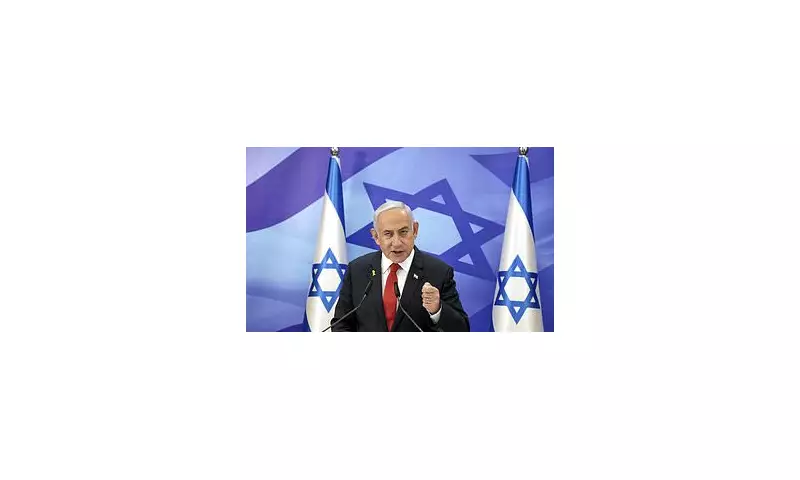
Israeli Prime Minister Benjamin Netanyahu has announced that Israel intends to maintain security control over Gaza once the current conflict ends, but insists the nation has no desire to govern the territory permanently.
In a televised statement, Netanyahu emphasised that while Israel would oversee Gaza's security to prevent future threats, alternative solutions must be found for civilian administration. "We don't want to rule Gaza," he stated, "but we cannot allow it to remain a launchpad for terror."
Post-War Governance Dilemma
The declaration comes as international pressure mounts for a clear post-war plan. Key questions remain unanswered:
- Who will govern Gaza's day-to-day affairs?
- How will reconstruction be managed?
- What role will Palestinian authorities play?
Netanyahu's comments suggest a potential power vacuum, with no clear candidate to assume civilian control. The Palestinian Authority, based in the West Bank, remains deeply unpopular in Gaza, while Hamas's future role remains contentious.
International Reactions
The statement has drawn mixed responses:
- US officials reiterated support for Israel's security needs but stressed the need for Palestinian governance
- Arab states warned against indefinite Israeli control
- EU diplomats called for urgent international discussions
Analysts suggest Netanyahu's stance may aim to pre-empt international proposals while maintaining military flexibility. "This is about drawing red lines before negotiations begin," said Tel Aviv University's Professor Aaron David Miller.
Humanitarian Concerns
With Gaza's infrastructure devastated, aid agencies emphasise that security arrangements must not obstruct reconstruction. UN officials report:
- Over 60% of housing units damaged
- Critical shortages of medical supplies
- Collapsed water and sanitation systems
Netanyahu pledged to facilitate humanitarian aid but provided no specifics on long-term recovery plans. The coming weeks may prove crucial in shaping Gaza's future – and the region's fragile stability.





